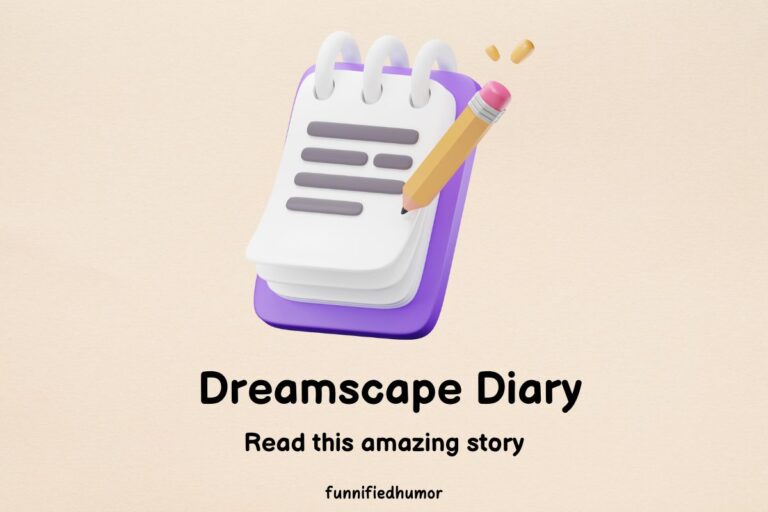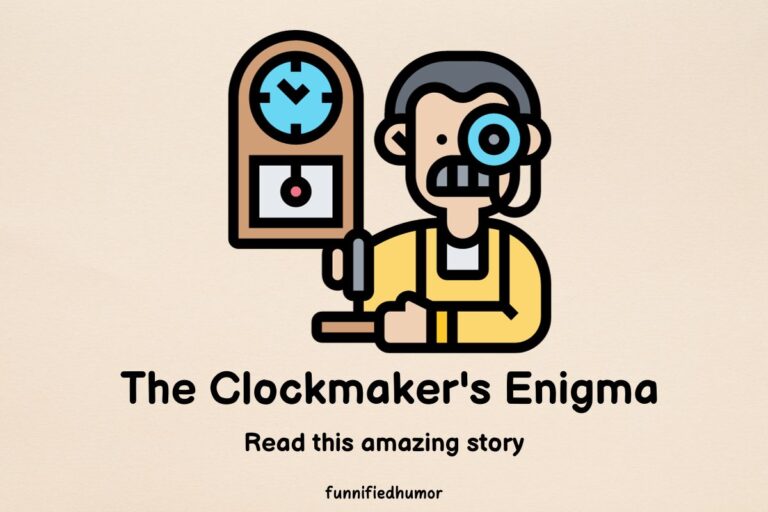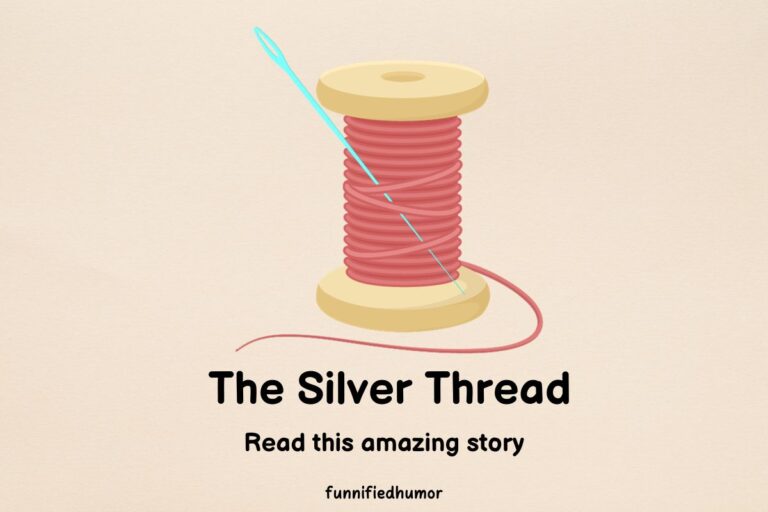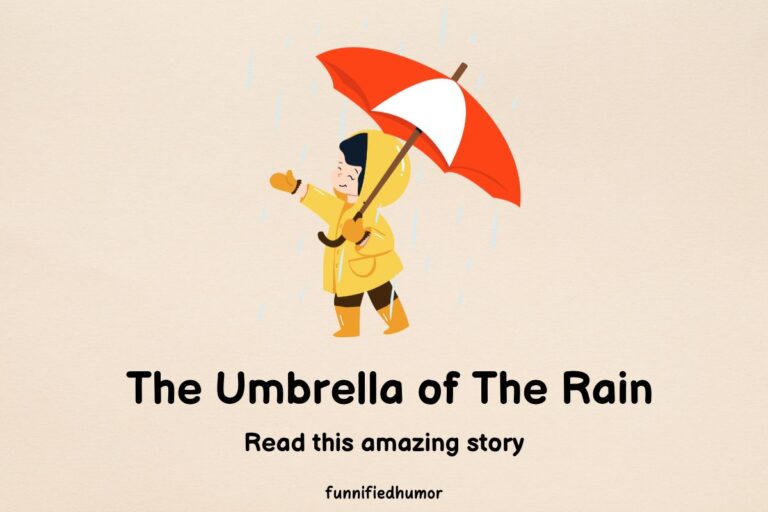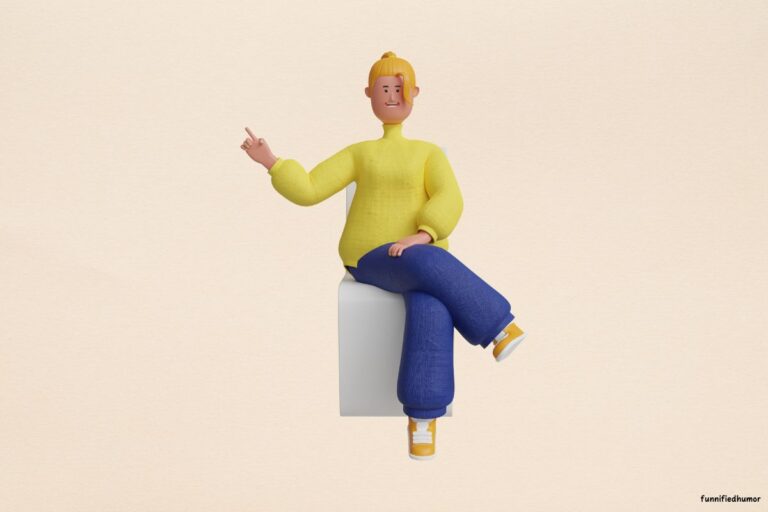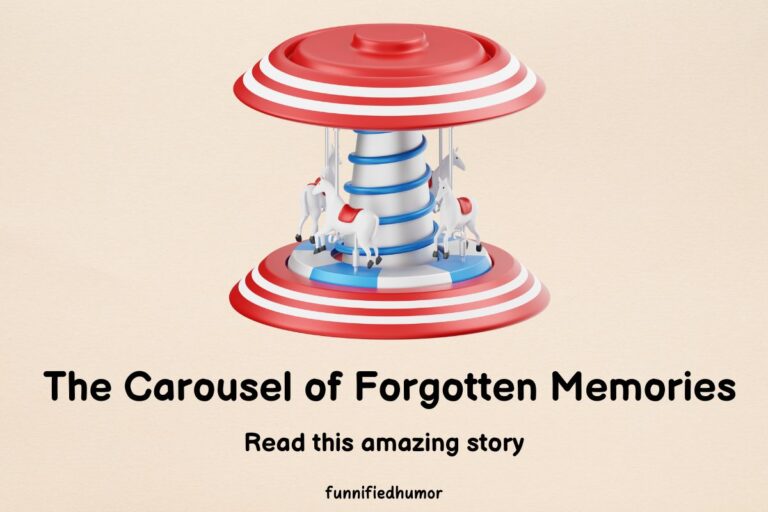Silent Echo
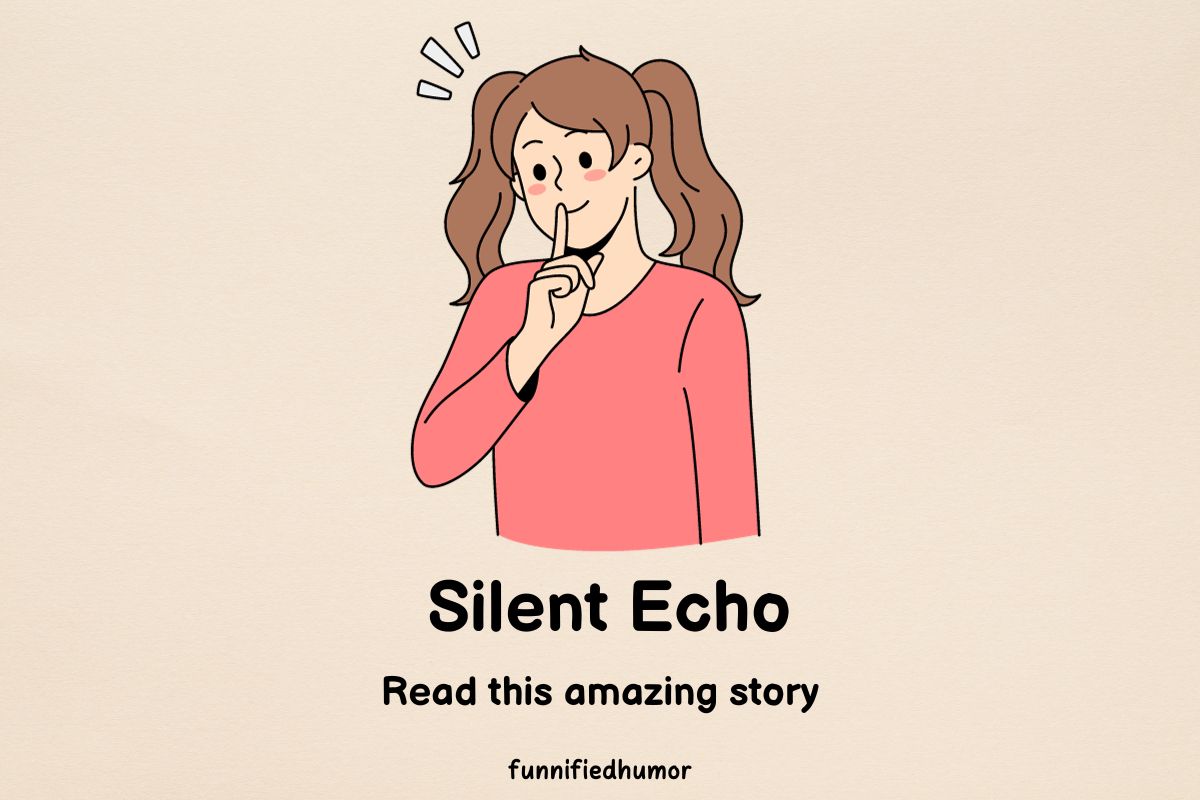
Rain slashed across the windshield as Anna and Mark pulled into their driveway. The radio buzzed with a melancholic tune that blended with the rhythm of the raindrops.
There was a sense of eerie quietness in the car, which had become their reality for the past few months. Their daughter, Lily, used to be the heartbeat of their lives, and now, her absence left a deafening silence.
Mark parked the car, took a deep breath, but didn’t move. He stared blankly out of the window, lost in thoughts, and perhaps memories. The accident had taken Lily away and with her, Mark’s voice.
Anna reached over, touching his hand gently, her eyes searching his. The tears that had been flowing from her eyes now dried up, but there was a persistent weight in her chest.
“We need to go in, Mark,” she whispered, her voice quivering.
He nodded slightly but didn’t make an effort to get out. Instead, he slowly pulled out a little drawing from the glove compartment. It was a colorful drawing of their family, a gift from Lily on their last anniversary. Mark’s fingers lightly traced the outlines of the three smiling stick figures.
Anna watched him, her heart breaking all over again. “She loved us, Mark,” she said, her voice breaking.
Mark’s eyes met hers, filled with a pain and longing words could never capture. He placed the drawing back and finally stepped out of the car.
The house was cold and quiet, a stark contrast to what it used to be. The walls echoed with memories and the spaces were filled with the remnants of a life that once was. Anna lit some candles and tried to warm up the living room, but the chill seemed to seep deep into her bones.
As she passed Lily’s room, the pink door slightly ajar, she hesitated, then entered. The room was a sanctuary of memories. Stuffed toys, books, and little drawings were scattered around.
A soft teddy bear lay on the bed, one that Lily used to cuddle every night. Anna hugged it close, tears soaking into the plush fabric.
Later, as Anna prepared a light dinner, Mark sat by the window, watching the rain. He held a small notepad and scribbled something on it. Anna approached him cautiously, noticing his tear-streaked face.
Mark turned the notepad toward her. It read, “I miss her voice. I miss mine.”
Anna knelt beside him, holding his face gently between her hands. “We’ll get through this, Mark. Together.”
He nodded, but the depth of his pain was visible in his eyes. They finished dinner in silence, the weight of their grief filling the room.
Later that night, as Anna lay beside Mark, she made a silent promise to herself. They had lost their daughter, and Mark had lost his voice, but she wouldn’t let them lose each other. She would find a way to bridge the silent chasm between them.
The seeds of an idea began to form in her mind. A way to reconnect, to communicate, to heal. She would learn sign language. Their journey of healing would be a silent dance of love, pain, and acceptance.
Anna’s resolve was firm. The next morning, she started her research on sign language classes in the vicinity. Finding one nearby, she registered herself for the beginner’s course.
“Learning something new,” she thought, “could be the distraction we both need.”
On her first day, Anna was nervous but determined. The class was a mix of people, young and old, each with their own reasons for being there. She found solace in the shared experience, the communal desire to communicate without words.
Her teacher, Mrs. Rodriguez, was a gentle lady with a warm smile. “Sign language,” she began, “is not just about communicating with hands. It’s about expressing emotions, intentions, and desires with your entire being.”
Anna diligently practiced every sign she learned, imagining conversations with Mark, and hoping that one day, he’d join her in this silent dialogue.
One evening, after dinner, Anna mustered the courage to show Mark what she had learned. She began with simple phrases like “I love you” and “Are you okay?”. Mark watched intently, a glimmer of interest in his eyes.
As days turned into weeks, Anna introduced more signs to Mark. Their once silent home was now filled with gestures, expressions, and silent conversations. It was a dance of hands and emotions.
One particularly challenging evening, when memories of Lily seemed to envelop the house, Anna sat next to Mark, taking his hands into hers. She formed the signs for “I miss her” and saw Mark’s eyes fill with tears. But then, slowly, he mirrored the sign back to her. It was his first step into their silent world of communication.
Anna encouraged him to join her classes. Reluctant at first, Mark finally agreed. Mrs. Rodriguez, sensing the depth of their pain, often paired them for exercises. They rediscovered each other in this new language, sharing silent laughs and shedding quiet tears.
One evening, as they practiced at home, Mark scribbled something on his notepad and handed it to Anna. It read, “This language, it’s like our secret world.”
Anna smiled, her eyes glistening with tears. “A world,” she signed, “where our love speaks louder than words.”
Their journey was far from easy. Some days, the pain was unbearable, and no amount of signing could bridge the gap. But on others, their silent dance brought them closer than they had ever been.
Months passed, and as winter turned to spring, Anna and Mark were different people. Still mourning, still in pain, but no longer lost. Their silent dance had given them a language, a means to navigate their grief together.
One sunny day, they visited Lily’s grave, holding hands. In front of the headstone, Anna signed “We love you,” her face bathed in tears. Mark, after a long pause, slowly mirrored the sign.
Their dance of love and pain continued, but with each sign and gesture, they found strength, acceptance, and a deepening connection. The world might have been silent, but their love was deafening.
With spring in full bloom, the world outside seemed to be in stark contrast to the pain Anna and Mark felt. The flowers, the chirping birds, and children playing in the park were a painful reminder of what they had lost. But amidst the sorrow, the world of sign had brought them closer than ever.
Anna often found Mark in Lily’s room, lost in memories. One day, she joined him, and they sat together, going through Lily’s belongings. Mark picked up a diary with a unicorn on its cover, flipping through its pages. It was Lily’s journal.
Anna signed, “Do you want to read it together?”
Mark hesitated for a moment but then nodded. As they read, they discovered the world through Lily’s eyes. Her dreams, her little fights with friends, her drawings, and her love for her parents were evident on every page.
One entry caught Anna’s attention: “Mom and Dad are the best. I wish we could have a day where it’s just the three of us, laughing and playing.”
Tears blurred Anna’s vision. Mark took her hands, signing, “We had so many of those days. She was happy.”
Anna nodded, “We need to remember the happy times, not just the loss.”
The diary became a bridge to their past, a connection to their daughter. They often read it together, reliving the memories.
Anna had an idea. She approached Mrs. Rodriguez with a proposal: to organize an event, a gathering for families who had experienced loss, where they could communicate, share, and heal together. They would use sign language as a medium to express their grief and hope.
Mrs. Rodriguez loved the idea. She felt that sharing their journey could be therapeutic for many. Plans were set in motion, and the community center was booked.
The day of the event, Anna and Mark were nervous. They took the stage, sharing their story, their silent journey of love and pain. They expressed their grief using signs, their hands dancing in perfect harmony.
The room was filled with tears and understanding. Many came forward, sharing their stories, their pain, and their journey of healing. The event was cathartic. It was a place of shared grief, but also a place of shared hope.
As the event concluded, a woman approached Anna and Mark. She had lost her son two years prior and had since been mute from the shock, much like Mark. She signed, “Thank you. Today, I felt understood.”
Anna and Mark realized the power of their silent dance. It wasn’t just about them; it was about a community finding solace in shared pain and healing.
That night, as they lay in bed, Mark signed, “Lily would be proud.”
Anna, with tears in her eyes, replied, “She’s always with us, in our dance of love.”
